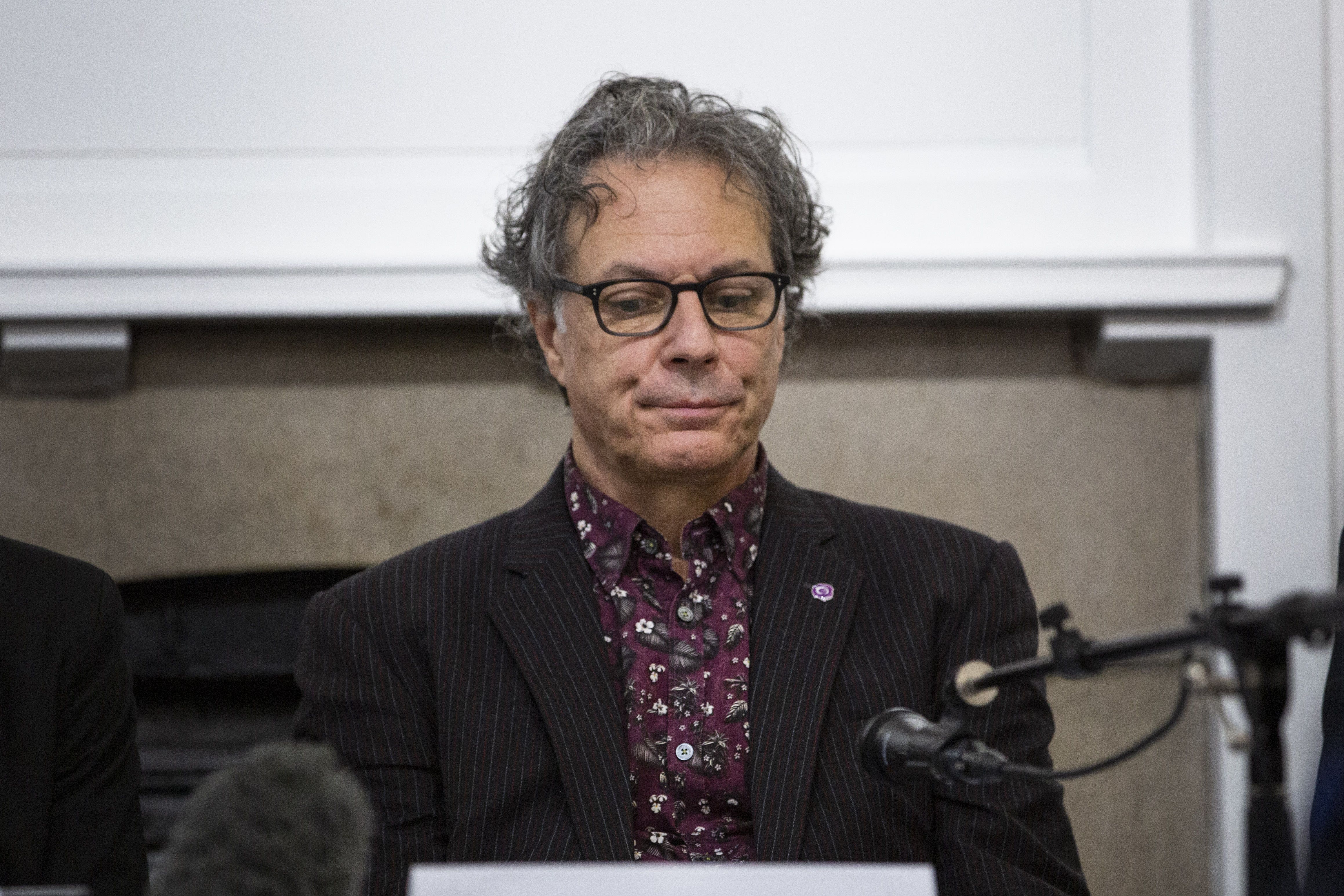Online self-harm content to be made illegal five years after death of teenager Molly Russell
The maximum penalty for the offence will be published in due course, the government said

Online content that encourages self-harm will be criminalised, the government announced five years after the death of teenager Molly Russell.
Culture secretary Michelle Donelan has announced that the Online Safety Bill will be updated to make encouraging self-harm via online posts, images, and videos illegal.
This change in the law would bring self-harm content in line with content that encourages suicide – which is already illegal.
The amendment to the legislation had been influenced by the case of 14-year-old Molly, the Department for Digital, Culture, Media and Sport (DCMS) said.
The teenager, from Harrow in northwest London, ended her life in November 2017 after viewing social media content linked to depression, self-harm, and suicide on Instagram and Pinterest.
Senior coroner Andrew Walker had concluded that she “died from an act of self-harm while suffering depression and the negative effects of online content” that “shouldn’t have been available for a child to see”.

In October, he issued to Meta, Pinterest, Twitter, Snapchat and the UK government a Prevention of Future Deaths report (PFD) which gives the recipients a duty to respond within 56 days to detail their course of action, or explanation if no action will be taken on their part.
Following the coroner’s report, Molly’s father Ian Russell called on social media companies to “think long and hard about whether their platforms are suitable for young people at all”.
He added that action was needed to “curb the algorithmic amplification of destructive and extremely dangerous content or fail to remove it swiftly”.
In December, the Online Safety Bill is due to return to parliament. The self-harm measure would be included in amendments to the bill, but DCMS could not say when they would be tabled.
With the introduction of the updates around encouraging self-harm, social media platforms will be required to remove such content, and any person found to have sent such communications will face prosecution.

The government said more details about the maximum penalty for the offence will be published in due course.
Ms Donelan said: “I am determined that the abhorrent trolls encouraging the young and vulnerable to self-harm are brought to justice.
“So I am strengthening our online safety laws to make sure these vile acts are stamped out and the perpetrators face jail time.
“Social media firms can no longer remain silent bystanders either and they’ll face fines for allowing this abusive and destructive behaviour to continue on their platforms under our laws.”
Deputy prime minister and justice secretary Dominic Raab said: “Our changes will ensure the full force of the law applies to those callous and reckless individuals who try to manipulate the vulnerable online in this way.”
Earlier this week, the government announced other new offences being added to the bill that would crack down on the sharing of intimate images without consent.
Join our commenting forum
Join thought-provoking conversations, follow other Independent readers and see their replies
Comments


Bookmark popover
Removed from bookmarks